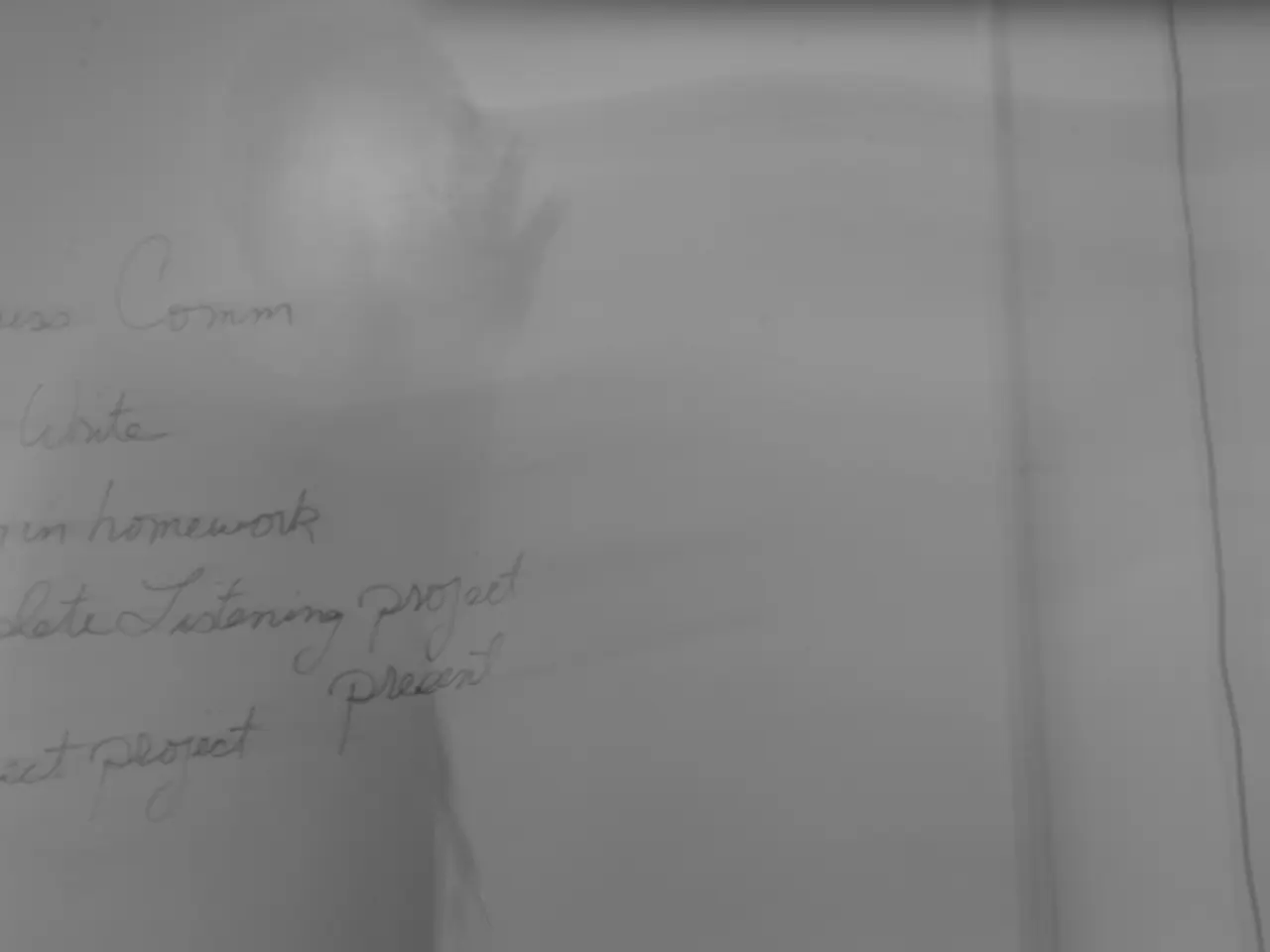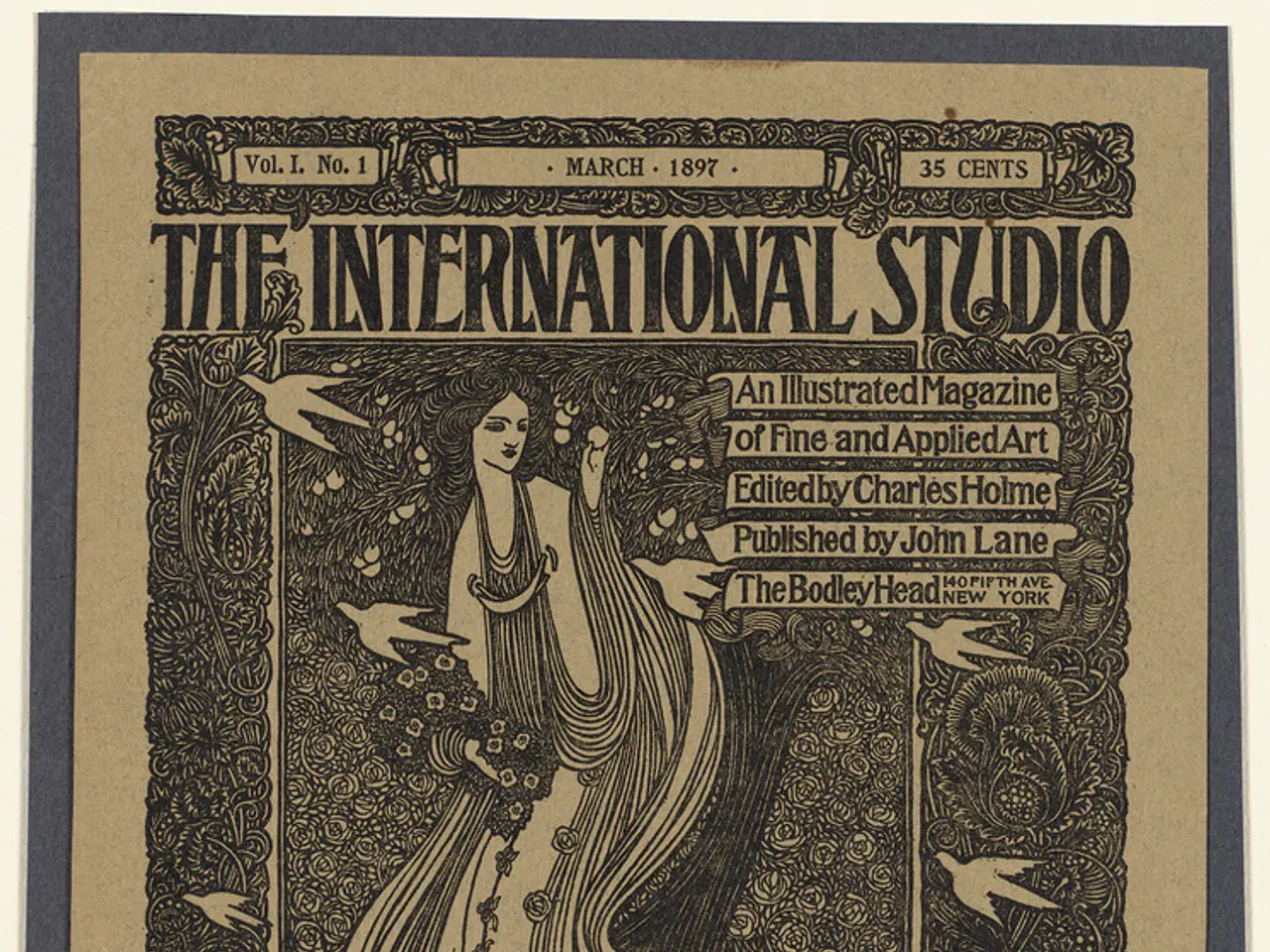Customs Notice from the United States to Brazil Regarding a 50% Exclusion of EU Involvement
In a significant move, President Donald Trump announced a 50% tariff on all Brazilian imports, effective from August 1, 2025. This decision marks the highest tariff rate among the countries to which Trump has sent letters about tariffs[1].
The justification for this high tariff includes concerns over Brazil's "unfair" trade relationship with the U.S., its treatment of former President Jair Bolsonaro, which Trump described as an "international disgrace," and alleged attacks on free elections and violations of Americans' free speech rights[1].
As of the latest updates, there is no direct public response from President Luiz Inácio Lula da Silva regarding the specific reasons for the tariff or the implications for Brazil. Typically, such responses would be communicated through diplomatic channels or public statements. However, the imposition of such a high tariff is likely to provoke significant diplomatic and economic reactions from Brazil.
The announcement is part of a broader trade strategy by Trump, who has been pushing for more reciprocal trade agreements with multiple countries. The tariffs are a tool to enforce these agreements, reflecting a more protectionist approach to international trade[1].
Brazil has stated that it will respond to any unilateral tariff increases according to its own laws on economic reciprocity. The US-Brazil trade dispute is ongoing and involves tariff increases. Trump criticizes Brazil's handling of the controversial former President Jair Bolsonaro in the tariff letter, demanding that the "witch hunt" against Bolsonaro should END IMMEDIATELY.
It's important to note that the US-Brazil trade dispute is not currently involving the EU. The new letters are addressed to Iraq, Libya, Algeria, Moldova, Philippines, Brunei, and Sri Lanka, among others, with varying tariff rates. As of August 1st, the tariffs for Japan are 25 percent, South Korea and Malaysia are also at 25 percent, Kazakhstan is at 25 percent, South Africa is at 30 percent, Laos is at 40 percent, Myanmar is at 40 percent, Tunisia is at 25 percent, Bosnia and Herzegovina is at 30 percent, Indonesia is at 32 percent, Bangladesh is at 35 percent, Serbia is at 35 percent, Cambodia is at 36 percent, Thailand is at 36 percent, Libya is at 30 percent, Iraq is at 30 percent, Algeria is at 30 percent, Moldova is at 25 percent, Philippines is at 20 percent, Brunei is at 25 percent, and Sri Lanka is at 30 percent[1].
This development in U.S.-Brazil trade relations underscores the growing trend towards protectionism in global trade, with potential far-reaching implications for both countries and the global economy.
[1] Sources: The White House, Brazil's Ministry of Economy, Reuters, Bloomberg, and the Financial Times.
- The escalating U.S.-Brazil trade dispute, involving tariff increases and accusations of unfair practices, falls under the category of policy-and-legislation and general news, as it is closely tied to politics and international trade negotiations.
- The announcement of a 50% tariff on all Brazilian imports by President Trump is part of a broader protectionist approach in politics, which aims to enforce more reciprocal trade agreements through legislation, and could have significant diplomatic and economic implications for both countries, making it a topic of political interest and general news.








